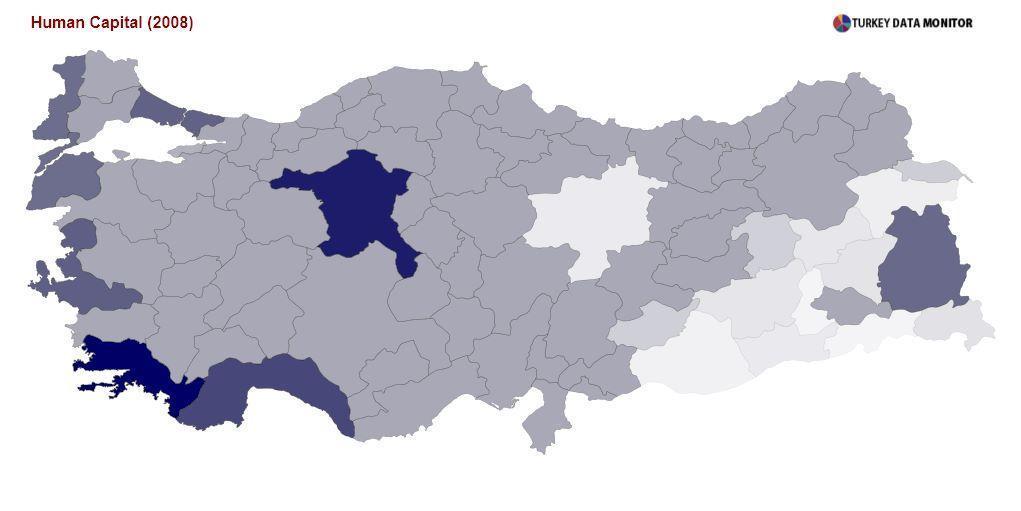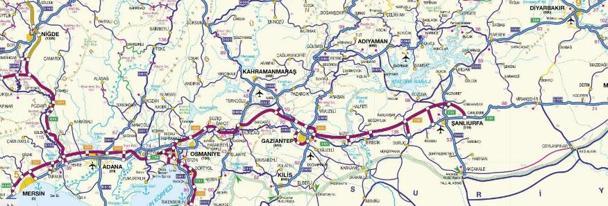The economic consequences of the peace
 John Maynard Keynes wrote “The Economic Consequences of the Peace” one year after the Great War ended. Misconceptions on the economic consequences of Turkey’s peace with the Kurdistan Workers’ Party (PKK) led me to act now.
John Maynard Keynes wrote “The Economic Consequences of the Peace” one year after the Great War ended. Misconceptions on the economic consequences of Turkey’s peace with the Kurdistan Workers’ Party (PKK) led me to act now.Prime Minister Recep Tayyip Erdoğan set the agenda, claiming that “terrorism cost Turkey $300 billion in three decades”. Unlike in his other forays into the dismal science (high interest rates beget high inflation, interest rates are still high in Turkey), he may be right this time. In my undergraduate thesis, a long time ago in a galaxy far, far away, I built an economic model to estimate the country’s undisclosed military spending and showed that it was the main reason behind the budget deficits that led to the 1994 crisis.
Taking cues from Erdoğan, several economists have argued that, with everlasting peace, southeastern Turkey would prosper. The latest to join the bandwagon was Moody’s, which published a short note yesterday titled, “Turkey’s progress toward peace with Kurdish insurgents is credit positive.” The credit rating agency is arguing that “the prospect of peace promises to boost investor confidence and improve southeastern Turkey’s attractiveness as a destination for foreign direct investment.” I beg to disagree.
Peace is likely to bring in significant economic benefits, but I doubt it is the binding constraint that is preventing investment. After all, the intensity of the conflict decreased significantly in the last few years. We can get a sense of what is holding the region back from survey and regional data.
There weren’t any firms from Diyarbakır, the main Kurdish city in the southeast, in the 2005-2007 World Bank Investment Climate Assessment I led during my stint at Ankara think-tank TEPAV or the same survey’s 2008-2010 iteration. After all, with only one firm among Turkey’s top 1,000 industrial companies, they are a rare breed.
But firms from the nearby towns of Kahramanmaraş, Gaziantep and Malatya noted access to electricity of as a major constraint. The cost of the fuel to run his generator would be peanuts for Batman if the Joker were to cut off Gotham’s electricity, but for a firm in the southeastern town of Batman, it is not.

Another important constraint is the region’s very low human capital – even compared to the rest of the country. I am not sure how peace would solve this problem, unless the PKK decided to use its drugs and extortion money on schools rather than weapons.
Even then the region would not attract FDI. After all, even if you can produce, you’ll have trouble shipping your goods to anywhere other than Northern Iraq. Gaziantep and Şanlıurfa are on the highway route to the nearby ports of Mersin and İskenderun and therefore should actually benefit more from the peace than Diyarbakır.

Keynes wrote that the Carthaginian peace imposed on the losers was not sustainable. History proved him right. I will be more than happy if my argument withstands the test of time – even if I am proven wrong.










